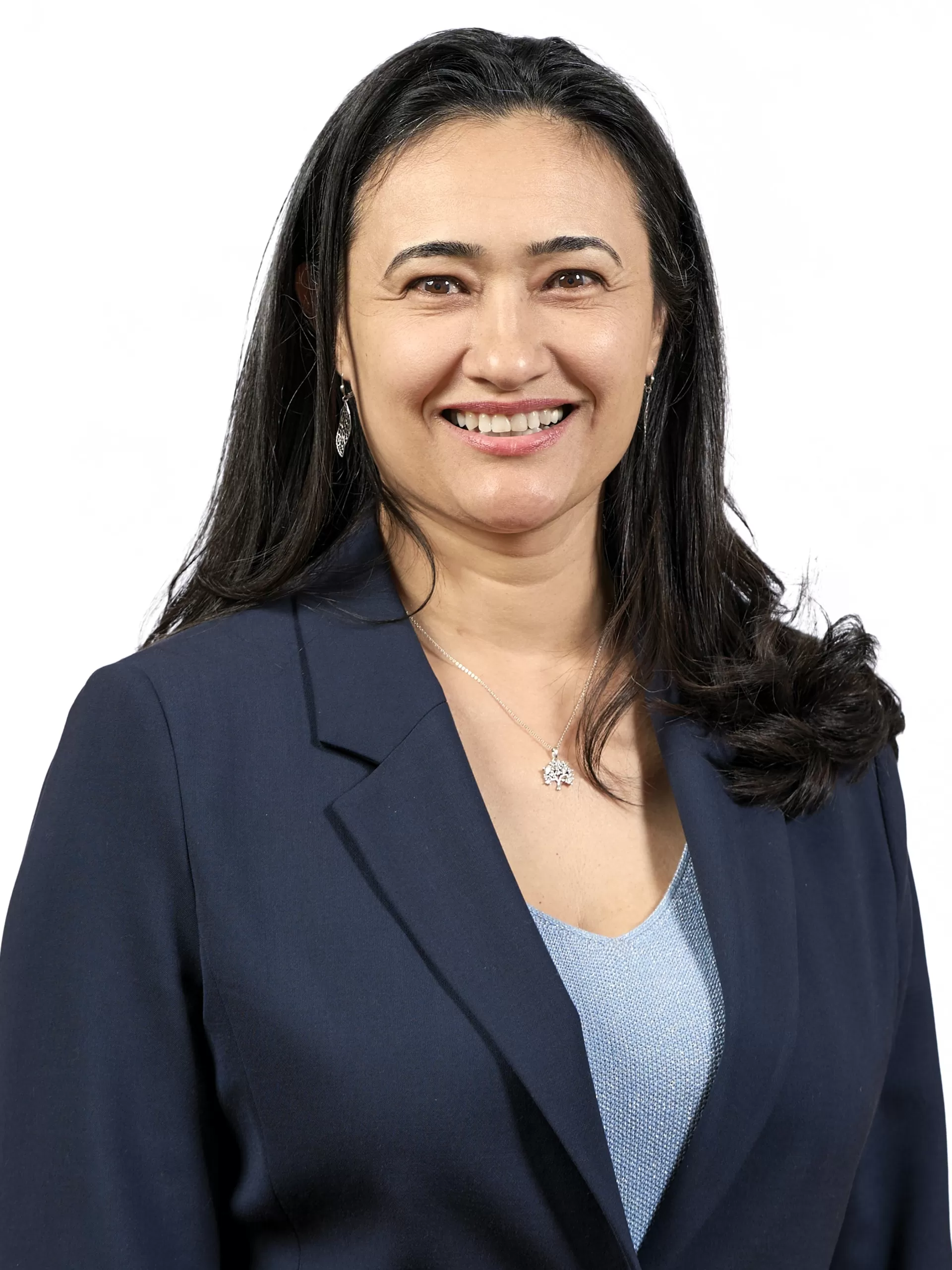
“A protocol for newcomers”
Plant biologist Ora Hazak has crossed continents in pursuit of knowledge. In this interview, the newly appointed professor at the University of Münster talks about building scientific networks, navigating paperwork, and why she’s creating a step-by-step guide to welcome international researchers. From teaching in a foreign language to understanding the hidden perks of German academia, her story is both eye-opening and refreshingly honest.
You went from Russia to Israel, then to Switzerland, and now to Germany. Did you plan your international career, or was it more a matter of serendipity?
In academia—especially in my field of biology—international experience is crucial. Towards the end of my PhD, I became convinced that I wanted to do research and teach the next generation of biologists. It was clear to me that I would need to go abroad to achieve that goal. From Israel, I applied for positions in several labs in the United States and Europe, and then found an excellent lab in Lausanne, Switzerland. While moving frequently can be challenging on a personal level, it is essential for building scientific networks. I now have a strong network both in Israel and in Switzerland.
Was Germany top of your list for the next step in your career?
Like Switzerland, Germany has very high research standards, especially in plant science. That is why I did not consider other countries and actively applied for professorship positions in Germany and Switzerland. My family was also an important factor- my husband is fluent in German.
What makes Germany a good place for plant science?
Germany has a long history of excellence in plant science, with many important discoveries deeply rooted in its culture and education system. It’s no coincidence that I have hired German candidates for my group at Münster—they are highly competent and competitive. Germany also hosts several strong plant biology clusters, which I find very exciting. At the university of Münster, I am now filling a gap in studying plant development and receptor-peptide dependent mechanisms.
What were the biggest challenges you faced in your first few months in Germany?
The University of Münster was very welcoming—they even had accommodation arranged for us, which was amazing, as we were able to move straight into a furnished apartment. However, bureaucracy was a major challenge. The paperwork was difficult and entirely in German, taking up many hours of my first months at work. At the end of each day, I would think about how much I had accomplished on my to-do list. I believe universities could offer a clear protocol for international newcomers . I plan to create one for my lab, for people arriving with or without children, so they understand the key steps – such as registering with the city and obtaining medical insurance. In my case, it took four months to get medical insurance.
Which aspect of the German research system has surprised you the most?
I knew very little about the Beamtenstatus [civil servant status]—it was completely new to me. For professorship positions, this status is highly beneficial. If you only look at the publicly available salaries, such as W1 or W2, you don’t get the full picture of the benefits. The advantages of the Beamtenstatus are often not mentioned in job advertisements, but they can be a real plus. On the other hand, there are many rules that make the start more complicated. Even something simple as ordering consumables can involve ten different steps. This keeps both the secretaries and the scientists busy. I plan to appoint one person to handle this bureaucracy so the rest of the team can really focus on research.
Do you have any teaching duties in German?
I will gradually take over a set of bachelor’s courses from a professor who will retire within a year, and these courses will be in German. This is an integral part of taking on a professorship in Germany—you are usually expected to teach bachelor-level courses in German and advanced modules for master’s and doctoral students in English. I take German lessons twice a week, offered by the rectorate, and I have some time before I will need to teach in German. For me, it’s a process of refreshing my language skills, since I studied German at school for eight years. At the moment, we are only teaching a practical course that does not require a high level of German. Eventually, I will take over my part of the plant biology courses in German. In addition, I have already set up a new seminar series, held in English, that brings together all research students working in the field of plant biology.
Find out more about plant biologist Ora Hazak and how she deciphers the molecular language of crop plants in order to make them more resilient and productive in the context of climate change.